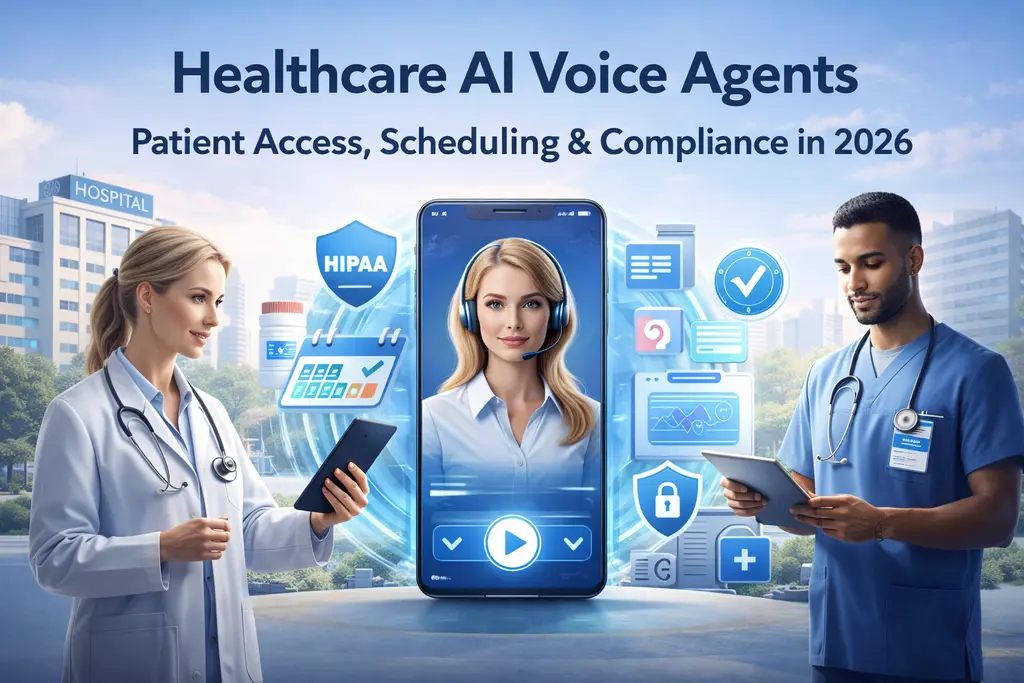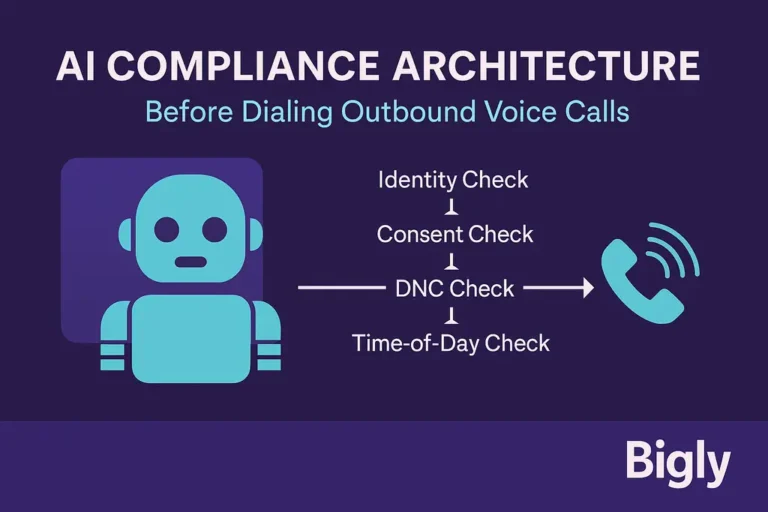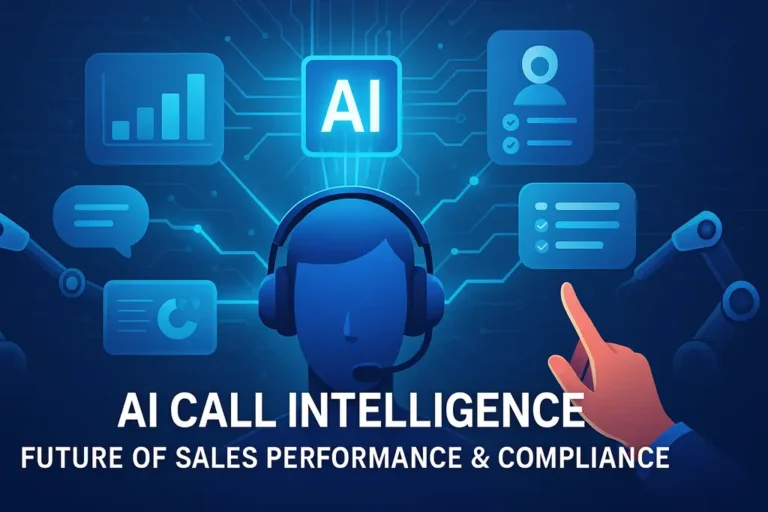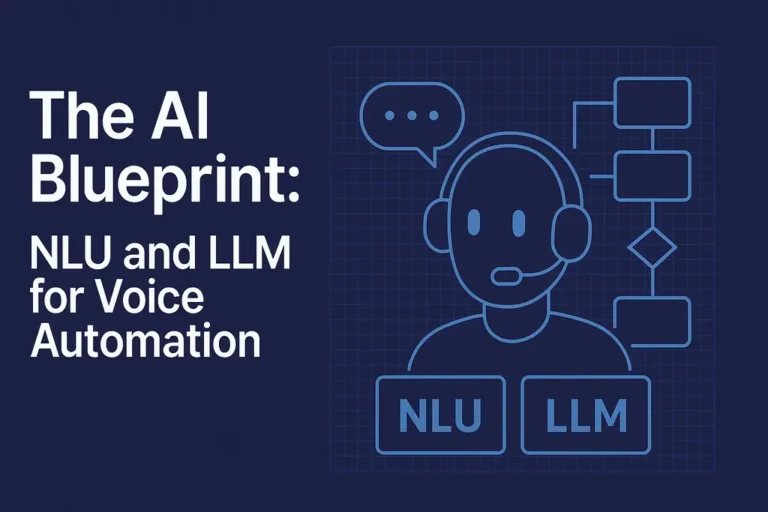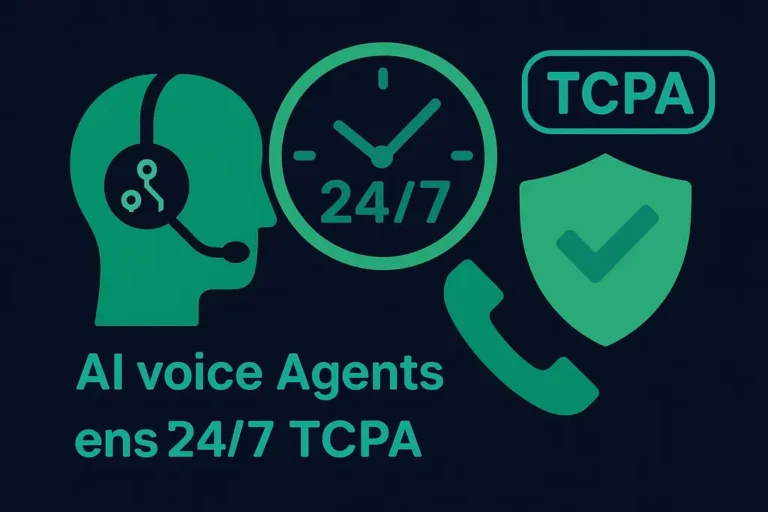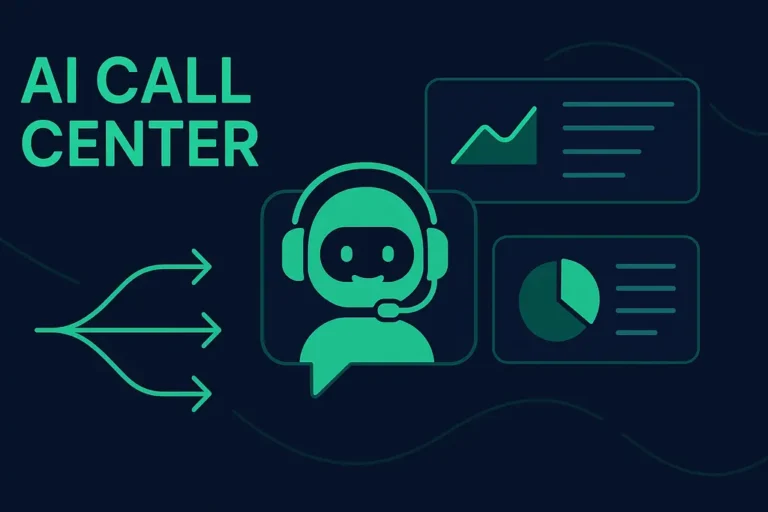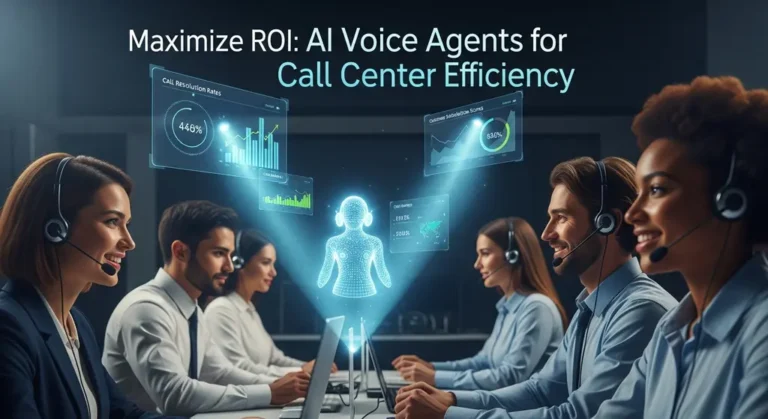The healthcare industry in 2026 is no longer just struggling with clinical challenges; it is facing a systemic collapse of its administrative backbone. We are witnessing the “Staffing Cliff” in real-time, where the demand for patient access far outpaces the human bandwidth available to manage it.
At Bigly Sales, we have spent years moving beyond the concept of “tools” to develop Voice Infrastructure. This isn’t about a better way to take a message; it’s about a fundamental shift in how patients navigate the healthcare ecosystem, moving from a culture of “Hold for the next available agent” to a culture of instant, intelligent resolution.
The Operational Failure of the Legacy Medical Answering Model
For decades, the standard for after-hours and overflow communication has been the outsourced answering service. These models were built on a low-cost, high-churn labor strategy that is fundamentally incompatible with modern healthcare. These services often lack the clinical context to triage effectively, leading to “message-taking” that only adds to the physician’s morning burden.
In 2026, the benchmark for excellence has moved toward Structured Patient Access. This means the communication layer must be smart enough to distinguish between a routine prescription refill and an acute cardiovascular event and then act with the appropriate clinical urgency.
Understanding the NLU Layer in Patient Triage
Traditional Interactive Voice Response (IVR) systems are the primary source of patient frustration. They force a caller through a linear “Press 1” menu that often fails to capture the complexity of their needs. Modern AI infrastructure utilizes Natural Language Understanding (NLU) to listen for intent, not just keywords.
For instance, if a patient calls with “shortness of breath” and “chest pressure,” the NLU recognizes the clinical high-risk pattern and executes an immediate “Warm Handoff” to a nurse or emergency line. This capability effectively turns the communication layer into an automated triage assistant, ensuring that human intervention is reserved for the most critical scenarios while the AI manages the administrative noise.
The Science of Sentiment and Vocal Biomarkers
One of the most profound advancements we’ve integrated into the Bigly ecosystem is the analysis of vocal biomarkers and sentiment. In a clinical setting, how a patient speaks is often as important as what they say. Our AI is trained to detect vocal tremors, breathiness, or rapid speech patterns that indicate high levels of stress or potential respiratory distress.
While the AI is not a diagnostician, it acts as a highly sensitive “smoke detector” for health systems, flagging these calls for immediate human review. This is the difference between a “call center” and a “clinical access hub”—one is passive, the other is proactively monitoring patient safety.
Solving the “Documentation Tax” and Clinician Burnout
Burnout is the silent pandemic of the 2020s. Recent data suggests that nurses and physicians spend an average of 35% to 45% of their workday engaged in documentation and EHR management. This “documentation tax” is a primary reason why high-caliber talent is leaving the bedside. To solve this, AI must move into the workflow itself, acting as a real-time scribe and data entry layer.
Voice-Powered Medical Dictation and the EHR Interoperability Gap
The primary friction in medical documentation is the interface between the clinician and the Electronic Health Record (EHR). Systems like Epic or Cerner are data-dense but often user-unfriendly. By utilizing Ambient Voice AI, clinicians can dictate their findings and assessments directly as they walk between patient rooms.
The AI then uses FHIR-compliant APIs to parse that natural language into structured data points, automatically updating the relevant fields in the patient’s chart. This isn’t just about saving minutes; it’s about restoring the “sacred space” of the patient-provider interaction, allowing the clinician to look at the patient rather than a screen.
The Ethics of Autonomous Documentation
A critical distinction in 2026 is the boundary between “assisted documentation” and “autonomous charting.” Hospital legal teams and regulatory bodies must trust an AI system in its “Assistant” role. While the AI generates the summary, transcribes the encounter, and formats the data, the licensed professional maintains the final “Click of Truth.”
This hybrid model ensures that the speed of AI is paired with the accountability of human judgment, creating a workflow that is both efficient and legally defensible in the event of a medical audit.
Redefining the Revenue Cycle through Administrative AI
The financial health of a medical practice is directly proportional to its ability to resolve information gaps in the billing cycle. Revenue Cycle Management (RCM) is historically a manual, labor-intensive process where staff spend hours on “the chase”—calling patients for updated insurance cards, calling providers for missing diagnosis codes, and calling insurance companies for claim status updates.
Automating the “Missing Information” Loop
AI voice agents are uniquely qualified to resolve these administrative dead ends. An AI agent can perform the inquiry and log the status in seconds, eliminating the need for a human staff member to spend 20 minutes on hold with an insurance company.
Similarly, if a claim is rejected due to a missing subscriber ID, the AI can proactively call the patient, verify the information using secure identity protocols, and update the billing system without any human intervention. This shift moves the RCM team from “data chasers” to “exception managers,” allowing them to focus on high-value appeals and complex negotiations.
Scaling Health Insurance BPO with Conversational AI
For Health Insurance BPOs, the challenge is maintaining quality during volume spikes. By using conversational AI to handle basic questions, like checking eligibility and provider network status, BPOs can save money compared to using human agents.
This doesn’t just reduce the “cost-per-call”; it improves the “speed-to-resolution,” a metric that is becoming the new standard for BPO contracts in 2026. The AI provides a consistent, high-fidelity experience that eliminates the variability of human performance, ensuring that every caller receives accurate, HIPAA-compliant information instantly.
Navigating the 2026 Regulatory and Compliance Minefield
In the current legal environment, ignorance of technology is no longer a defense. Healthcare organizations are being held to the highest standards of data stewardship and telephonic compliance. As of 2026, a “compliance-by-design” approach is the only way to operate safely.
HIPAA Security and the HITRUST Framework
People often discuss data privacy in healthcare as a static goal, but in reality, it’s a dynamic posture. At Bigly Sales, we build our infrastructure on the HITRUST CSF framework, which encrypts every audio packet and transcript using AES-256 protocols.
Additionally, we use a “Least Privilege” access model, which means that only the essential data is shared with the AI for processing, and all personal information is removed before it is used for overall trend analysis. This ensures that a hospital’s data assets remain a source of insight, not a source of liability.
The Truth About TCPA and “One-to-One” Consent
There has been a great deal of confusion regarding the FCC’s rulings on AI outreach. While specific timelines for “One-to-One Consent” mandates have shifted due to various legal challenges in 2025, the underlying principle remains: Explicit Authorization is the only safe harbor. In 2026, we advise all our healthcare partners to build a “Consent Ledger”—a centralized database that tracks exactly when, where, and how a patient gave permission to be contacted.
By integrating this ledger with the AI dialer, we create an automated “Kill Switch” that prevents any non-compliant calls from ever being initiated, effectively neutralizing the risk of class-action litigation.
The Operational ROI: Math for Hospital Administrators
When evaluating AI infrastructure, the ROI must be viewed through three distinct lenses: Direct Cost Savings, Revenue Leakage Prevention, and Staff Retention Value.
Zero Wait-Time and Patient Abandonment
The cost of a missed lead in health insurance or a specialized surgical practice is measured in thousands of dollars. When a patient encounters a hold time of over 120 seconds, the “Abandonment Rate” skyrockets. AI infrastructure ensures that the abandonment rate remains at zero.
Every call is answered on the first ring, every intent is captured, and every high-value patient is qualified or scheduled immediately. This directly impacts the “Capture Rate” of a practice, turning a cost center (the call center) into a revenue driver.
Linear Scaling and Predictable Growth
Traditional call centers scale in “steps”—to handle more calls, you must hire more people, lease more space, and buy more equipment. This creates a “growth lag” where the organization is always behind its demand. AI infrastructure scales in a “line.”
Whether you have 10 appointments to schedule or 10,000, the system expands instantly to meet the need with no change in quality or tone. This predictability allows hospital administrators to forecast growth with a level of accuracy that was previously impossible.
Frequently Asked Questions
How does AI manage patients with complex multi-morbidities?
The AI is trained as a “Route Manager.” It identifies the patient through their ID and cross-references their existing records in the EHR. If a patient with heart failure calls about “weight gain,” the AI understands the clinical significance of that symptom (edema) and escalates the call immediately to a specialized care coordinator. It is not replacing the clinician’s brain; it is acting as a “Peripheral Nervous System” that flags critical data for the human “Brain” to process.
Does the AI sound like a “robot” to elderly patients?
In 2026, the technology has surpassed the “Uncanny Valley.” We utilize high-fidelity, neural-voice models that include natural breathing patterns, professional pauses, and regional accents. More importantly, because the AI never gets frustrated or rushed, elderly patients often report higher satisfaction rates with AI interactions than with human agents who are under pressure to hit “Average Handle Time” metrics.
How do we handle “Multi-Language” health equity requirements?
Equitable access to care is a federal mandate. Our AI voice agents detect the language of the lead in real-time and pivot to fluent, native-sounding Spanish, Mandarin, or Arabic (among 30+ other languages) instantly. This ensures that non-English-speaking patients receive the same level of care and instruction as anyone else, without the need for expensive and slow translation services.
Can the AI identify “Social Determinants of Health” (SDoH)?
Yes. During routine follow-up calls, the AI can be programmed to listen for “Environmental Blockers.” If a patient mentions they cannot make an appointment because of transportation issues, the AI logs this as an SDoH flag. This data allows the health system to intervene—perhaps by booking a medical transport service—ensuring that the patient stays on their care path.
What is the primary difference between a “Standard AI” and “Healthcare-Grade AI”?
The difference is in the guardrails. A standard AI might hallucinate or offer medical advice if prompted. A Healthcare-Grade AI, like the Bigly Sales infrastructure, is restricted by “Hard Guardrails.” It is strictly limited to administrative and access workflows. If it is pushed to provide a diagnosis, it is hard-coded to say, “I am an automated assistant; for that specific medical question, I am going to connect you with our clinical team right now.”

